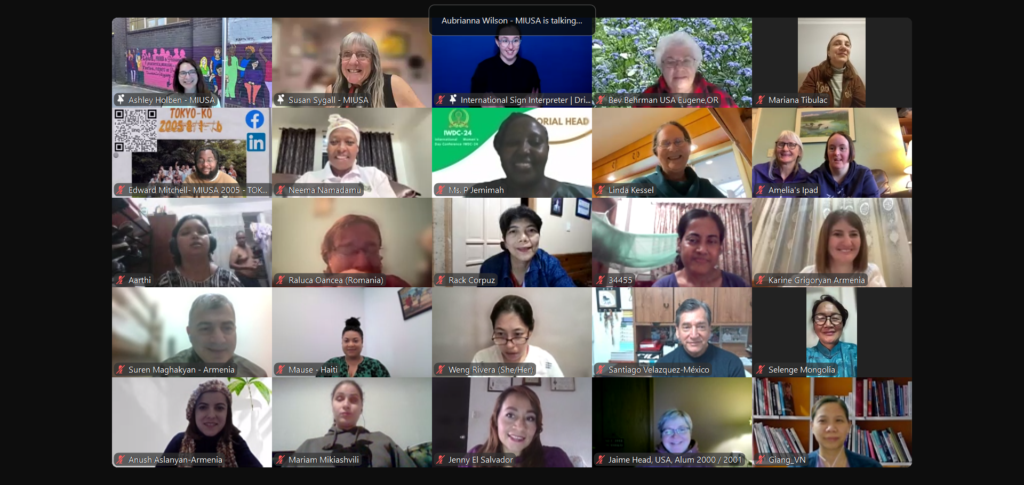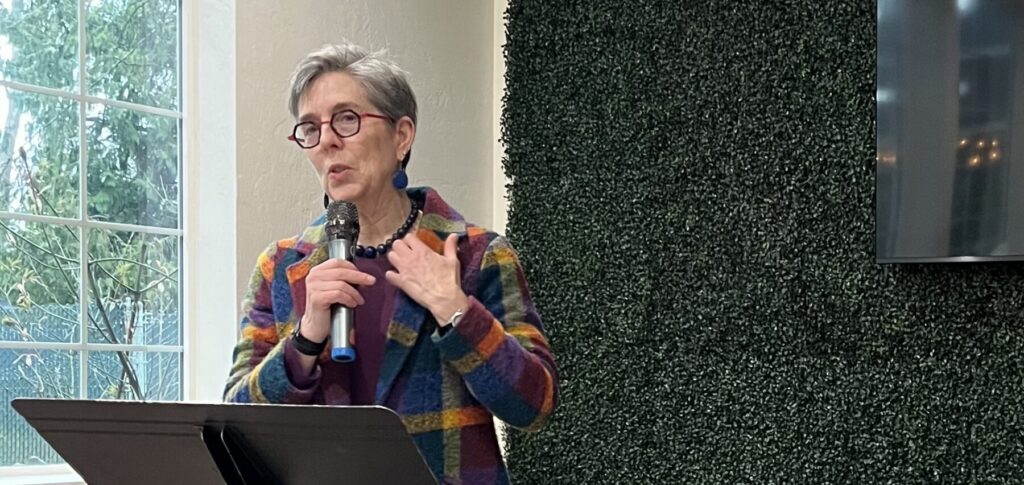Before I worked at MIUSA on the National Clearinghouse on Disability and Exchange project, I advised hundreds of international students coming to the U.S. to learn English at a major university. Although I also managed the admissions process, I rarely saw students with disabilities come through. I was waiting for them to reach me.
Apparently I was not alone. At a national Teachers of English to Speakers of Other Languages (TESOL) conference, I learned that most ESL program staff had very little information about how to support students with disabilities. The general consensus was: “we make it work” if and when students arrive.
“Making it work” in most programs meant a sudden flurry of figuring out what to do and how to do it in order to make sure students were fully supported.
Some programs worked with a disability services office if they had access to one. Others connected with community resources and conducted trial and error methods until something eventually worked. This reactionary process functions, but it means reinventing the wheel each time, which sometimes delays student learning and can be stressful for the administrators.
In some instances, programs feel they cannot fully support a student with a disability, and will recommend the student apply to a “better fit” school.
If you put the intention out there that learning English is beneficial for all students, including students with disabilities, your program can become the “best fit” program.
Start reviewing university practices of inclusion and take heed of practices that already exist.
Stories about why students want to learn English will always stand out to me – dreams of being an engineer, biologist, teacher, nurse, politician, and changemaker. All students should have access to English so they can achieve their life-changing, world-changing goals. Disabled or not, their dreams are grand and their opportunities should be equal.
Questions along the way? Contact our information and referral staff for how to make your ESL programs more inclusive and your ESL students with disabilities more prepared for achieving their goals.
Check out our tipsheet on recruiting to start reaching more students with disabilities.
Sign up for our E-News






Manage Your Privacy